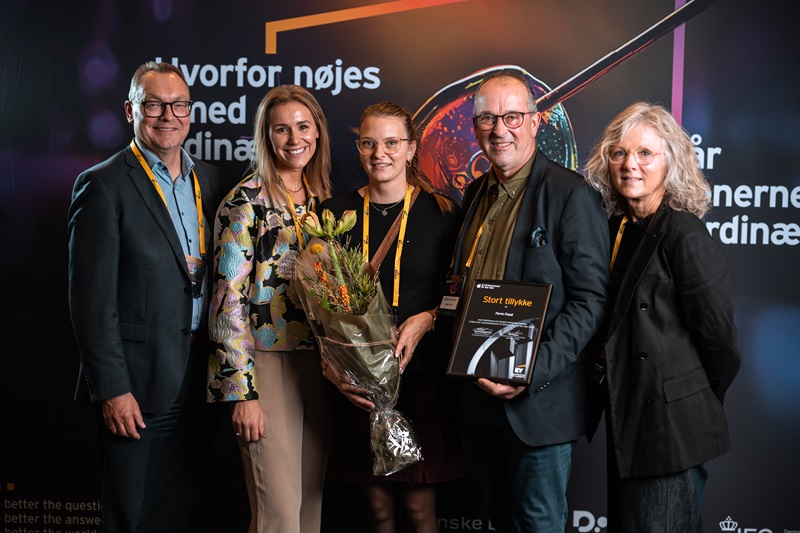A side benefit of increased use of biodiesel in the form of rapeseed oil is the reduction of protein-rich soy imports from other parts of the world. This is advantageous for the rainforests.
Denmark can immediately achieve significant CO2 savings by replacing fossil diesel in cars and trucks with increasing amounts of biodiesel made from Danish crops. Additionally, a side benefit is the production of protein-rich feed cakes for livestock, which can replace the climate- and environmentally harmful import of soy cakes from other parts of the world. This is according to Morten Simonsen, co-owner of Emmelev A/S in Otterup, North Funen, in a press release.
Simonsen dismisses concerns that increased rapeseed production will displace food and feed crops, thereby indirectly contributing to deforestation for agricultural land. Emmelev A/S extracts oil from rapeseed purchased from Danish farmers. On Funen alone, Emmelev A/S buys rapeseed from 120-130 farmers, in addition to purchases from Danish grain and feed companies. The rapeseed oil is used domestically, among other things, as an additive to fossil diesel fuel, constituting seven percent of the fuel sold at gas stations.
“There can be even more biodiesel blended into the fuel for the benefit of the climate. In Sweden, biodiesel makes up 100 percent of the fuel in many diesel vehicles, and this can certainly become a reality in Denmark as well,” says Morten Simonsen.
The rapeseed is grown by Danish farmers and is a well-known and proven winter crop with several benefits for crop rotation and the environment. The agricultural sector is working diligently to reduce CO2 emissions, and Danish rapeseed production is among the most climate-friendly in Europe. In Denmark, diesel consumption for public transport alone exceeds 150 million liters. If this fossil oil is replaced by biodiesel, the CO2 savings would be close to 300,000 tons per year, according to Morten Simonsen.





